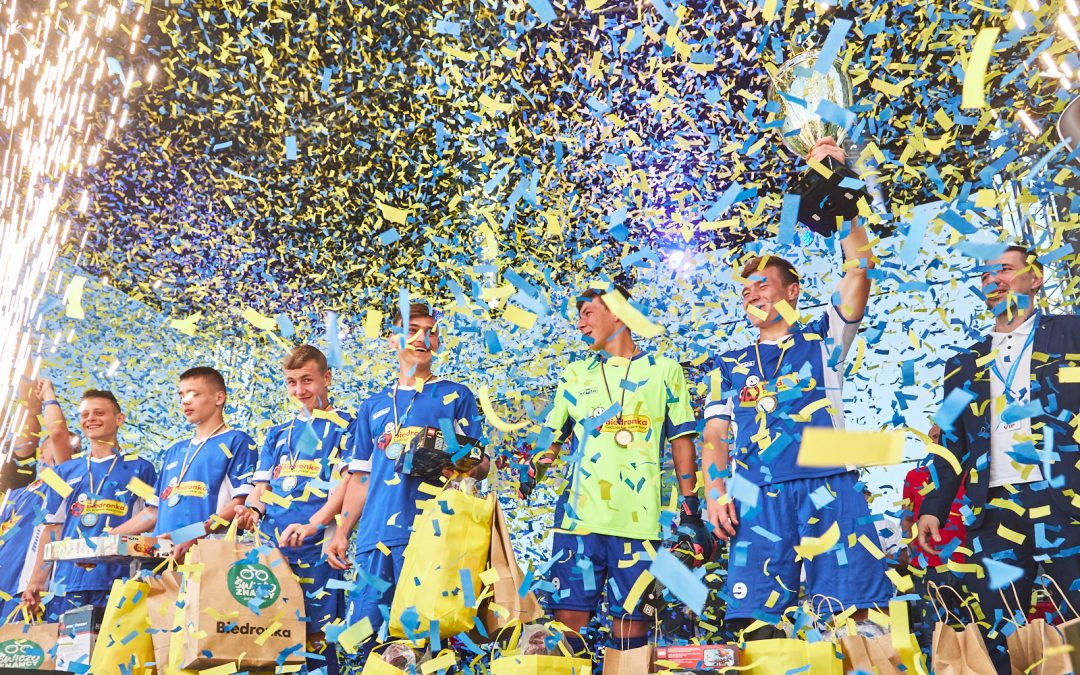By James Jackson
For miles around the Hutnik stadium in northern Warsaw you can hear the telltale screams of 700 happy children, referees’ whistles and a baritone compère announcing match results through loudspeakers.
On this baking hot Sunday, a special edition of the Hope for Mundial football tournament is taking place. Every year this competition offers teams from care homes around Poland the chance to compete in a knockout contest for the opportunity to travel internationally to a world championship.
With former Polish internationals like goalkeeper Radosław Majdan and striker Dariusz Dziekanowski in attendance, as well as the national team’s current manager, Czesław Michniewicz, the atmosphere is electric.
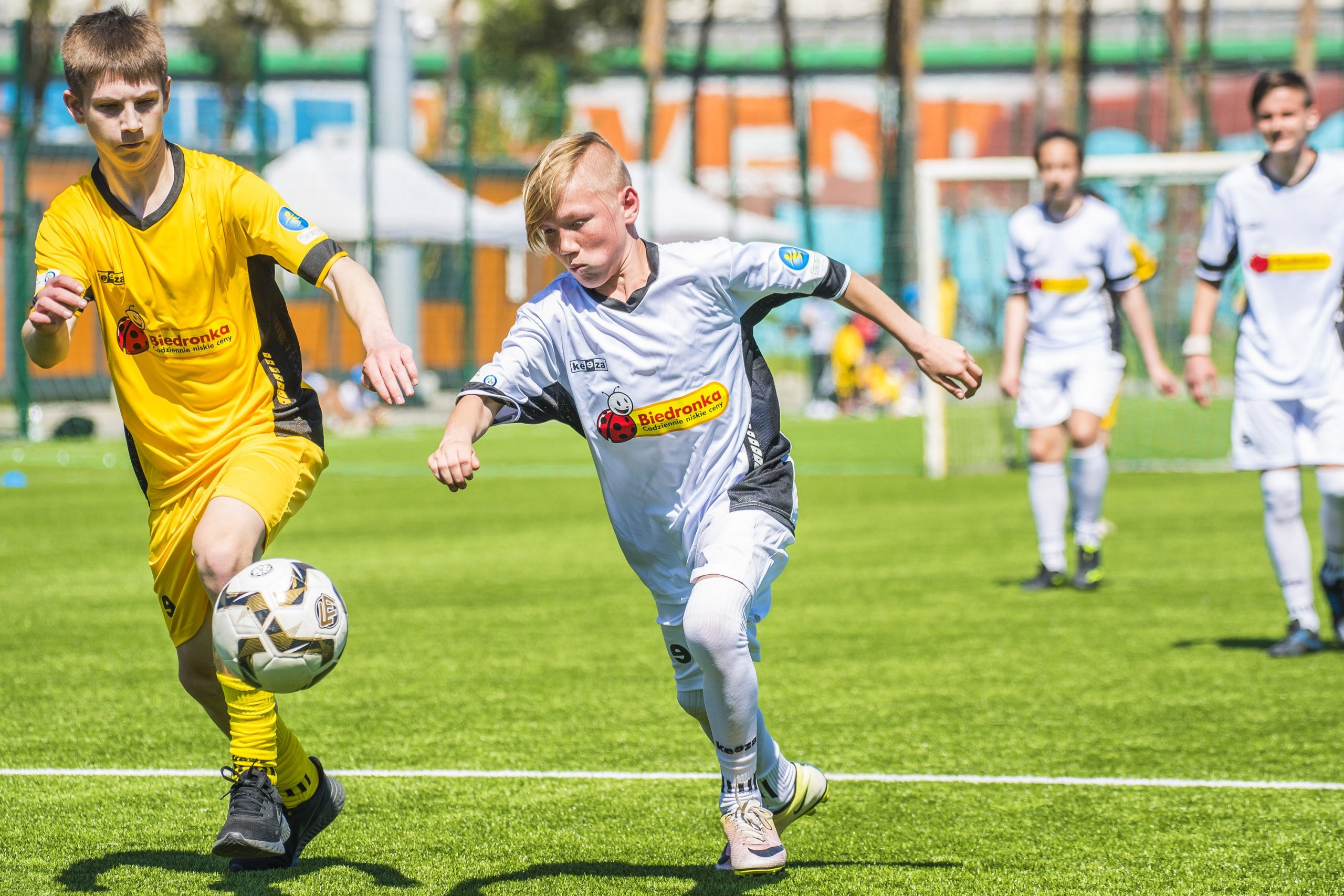
This year, for the first time ever, the tournament is binational: Ukrainian teams are competing in a knockout tournament alongside the Poles.
The 28 Ukrainian teams are mostly made up of some of the 1,500 children evacuated from care homes and orphanages in Ukraine by Happy Kids, an NGO that has worked with the Polish and Ukrainian authorities to provide safe accommodation for these vulnerable children.
Alongside the evacuated children based in Poland, two teams travelled hundreds of miles from the Ukrainian cities of Stryi and Drohobych to compete against their countrymen.
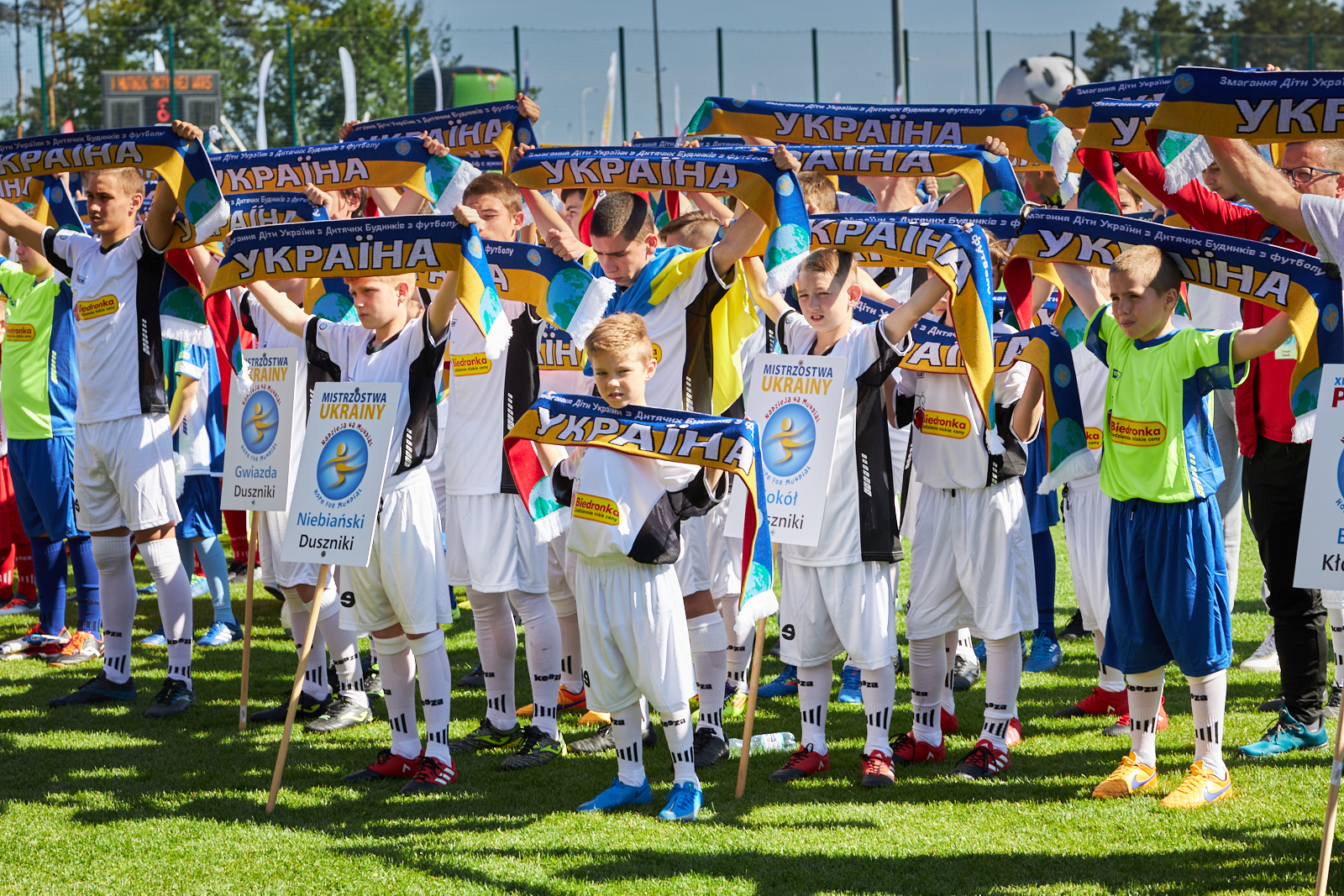
The tournament offers the kids a day of relief from the harsh reality of living through this unprecedented crisis, says organiser Łukasz Tomik of Happy Kids, wearing a scarf showing the flags of the increasingly brotherly nations of Poland and Ukraine on each side.
“We believe that sport is a way to forget about the trauma of war and of evacuation and of finding themselves in a completely new country, because this situation has been really difficult for all of them,” he says.
Hugging two children in front of a yellow American school bus that has been transformed into a play area with slides, Ukrainian child psychologist Tatiana Fomenko agrees.
“These children have been through a lot, but a day out playing sports or even watching their friends play can help build their resilience to process these traumas and teamwork can help with learning about cooperation,” she says.
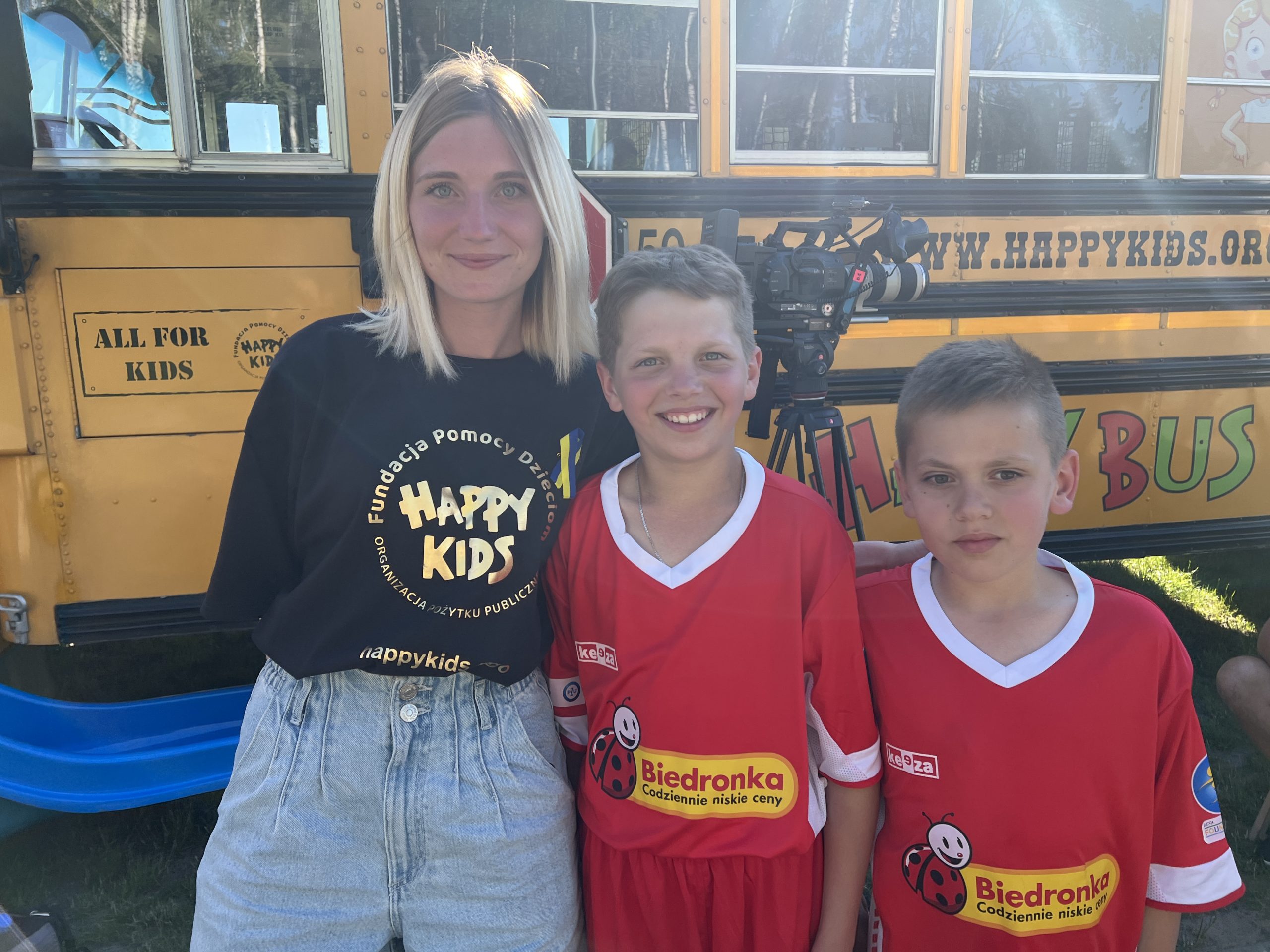
And though Tomik claims that the tournament is about having fun and not competition, that is not what you see on the pitch. The kids are showing their dogged determination to win, not least because the victorious team will have the chance to play abroad.
Young shins collide, the yellow and blue football kits weaving between each other like the Ukrainian flag as the ball darts from one side to the other. The compère enthusiastically narrates the game to the screaming fans, with defeated teams sweating under the sun and sipping juice while nursing grazed knees and bruised pride.
Thanks to sponsorship from a Polish supermarket chain, all participants walk away with two bags stuffed full of prizes. The 192 Ukrainian players received three boxes of Lego each as well as an inflatable football to take home to the other children from their care homes.
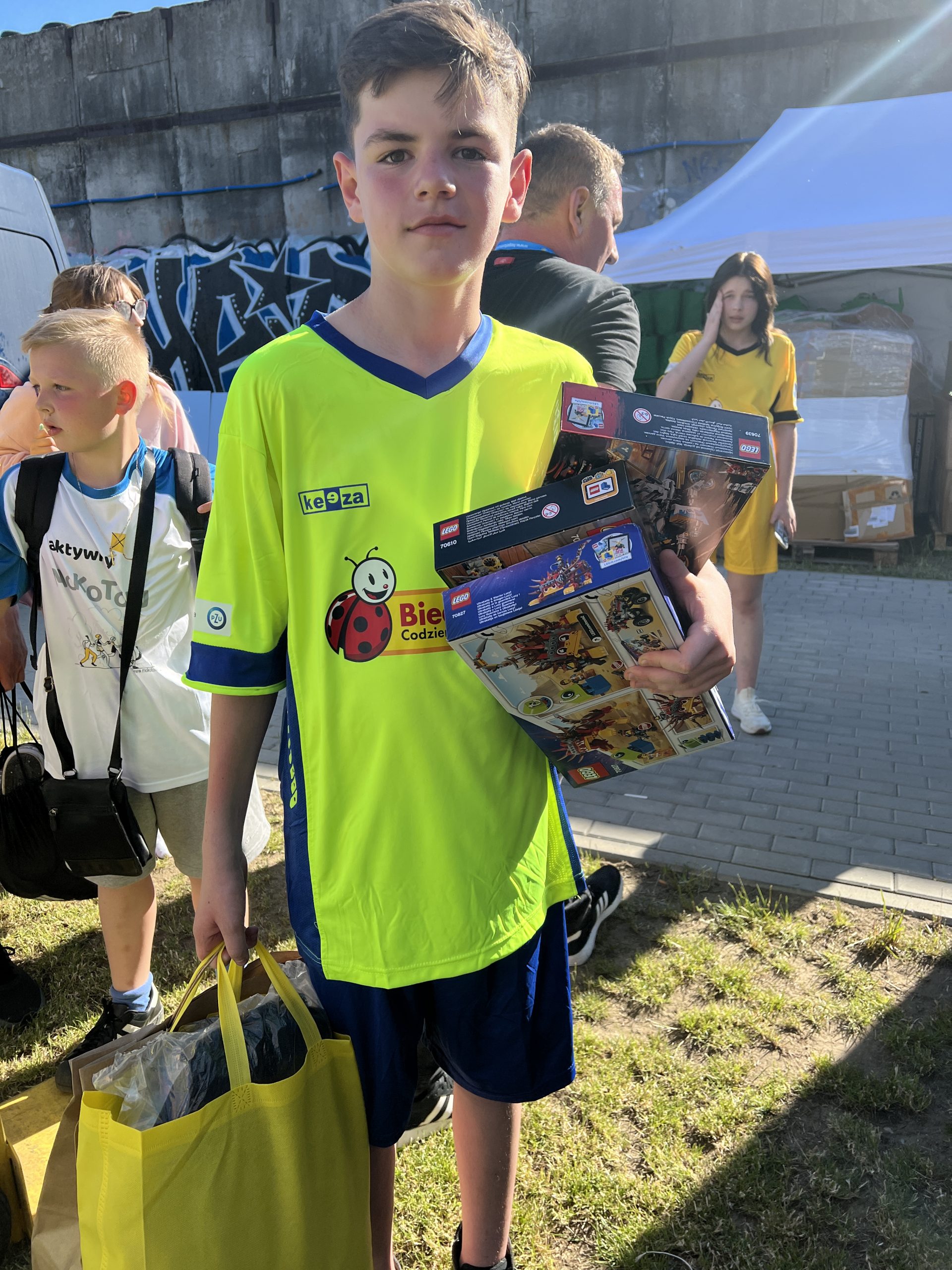
As an added bonus, the winning Polish and Ukrainian sides got to play friendly matches against six former national team players. The Ukrainian champions, from Andrievo-Ivanivka near Odessa, even managed to get a goal past Majdan.
This team are representing the largest care home that fled to Poland, 120 kids. Their victory will be appreciated by their friends at the orphanage: their grand prize was a car which will help them get to future matches and help the orphanage get kids around the small town of Ossa where they are currently based, as war rages back at home.
“These children have dreams to in the future become footballers and to play for the national team or a famous club. I know, because I was one of them,” says former Celtic forward Dziekanowski, who has volunteered at Hope for Mundial ten times already. It is a “pleasure to come and watch and speak to the children”.
After an ecstatic celebration, the team captain was sanguine about their victory, displaying the same rugged confidence that inspires his homeland’s soldiers to fight against the Russian invaders. “I want to be a professional football player – we’ve been training every day, that’s why we won. That’s why we’re the best.”
Image credits: Happy Kids PL (first three images) and James Jackson (fourth and fifth images)
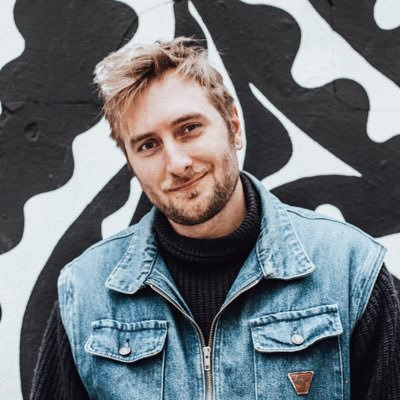
is a British freelance journalist based in Berlin. Alongside news and politics, he also writes about culture and can be followed on Twitter @derJamesJackson.
